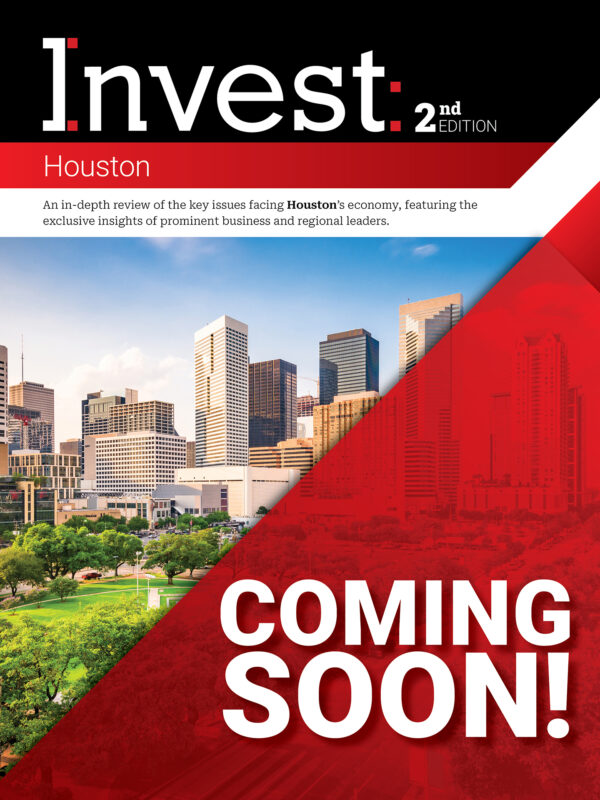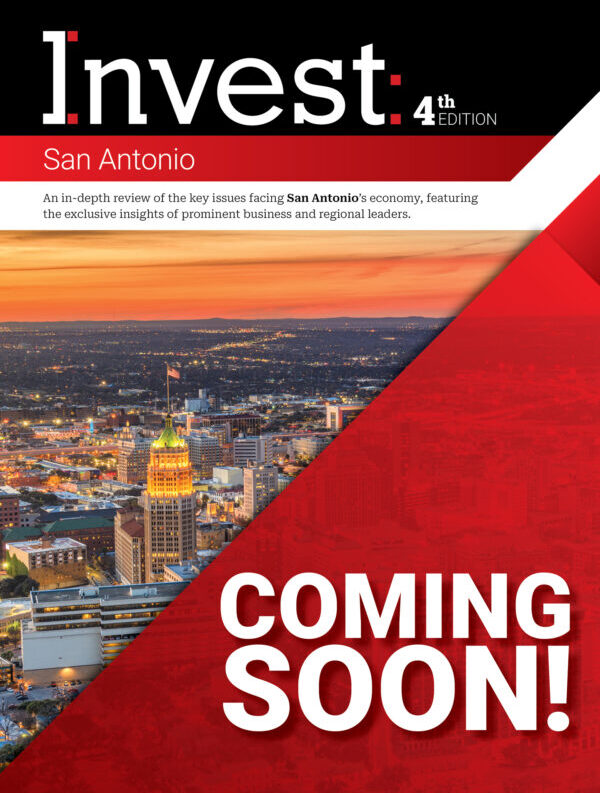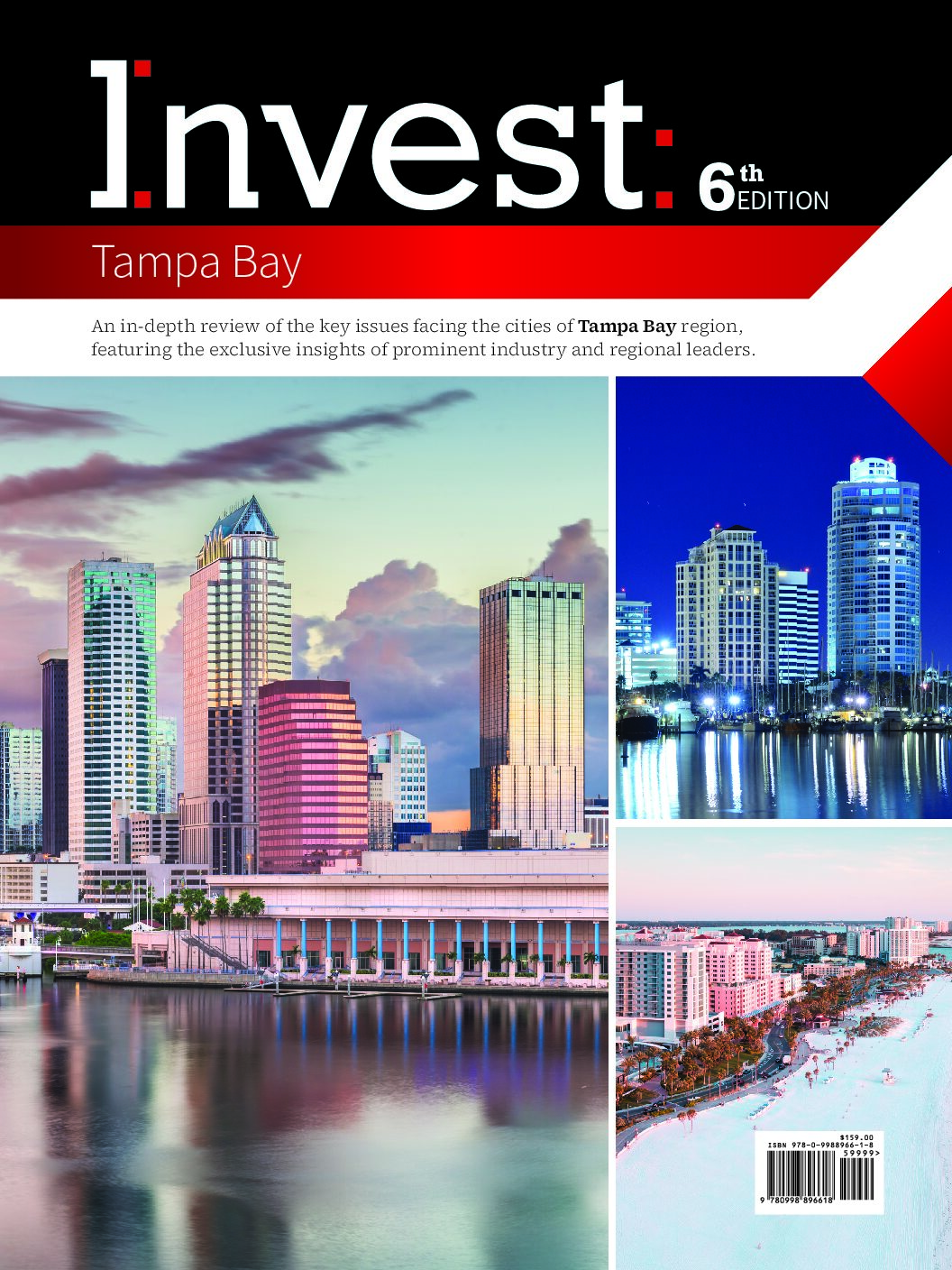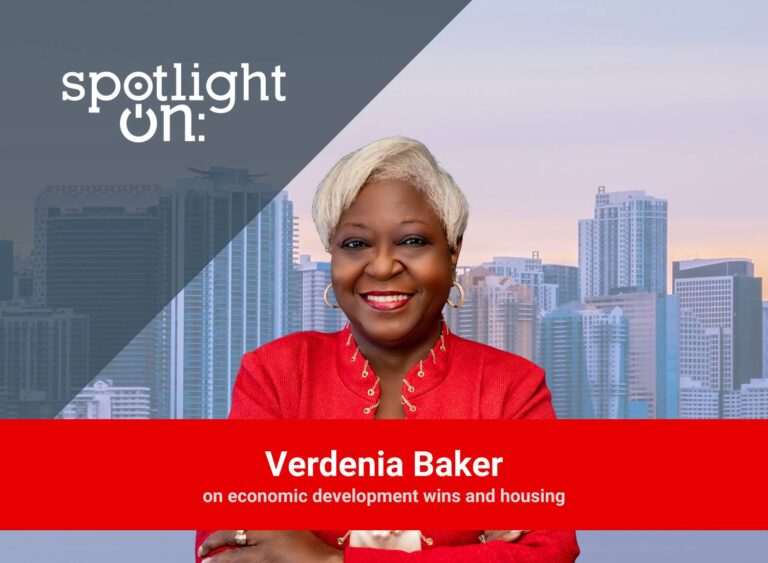Spotlight On: Beat Kahli, President & CEO, Avalon Park Group
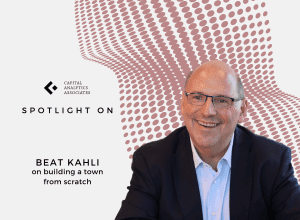 June 2024 — In an interview with Invest:, Beat Kahli, president and CEO of Avalon Park Group, talked about the Avalon Park development in Orlando and transforming it from an empty expanse to a thriving community of 60,000. He also discussed the competitive advantage gained through international resources and emphasized the enduring value of building sustainable towns.
June 2024 — In an interview with Invest:, Beat Kahli, president and CEO of Avalon Park Group, talked about the Avalon Park development in Orlando and transforming it from an empty expanse to a thriving community of 60,000. He also discussed the competitive advantage gained through international resources and emphasized the enduring value of building sustainable towns.
What have been the key achievements of Avalon Park Group in the last year?
We finished 99.99% of the Avalon Park development in Orlando. Twenty-five years ago, we started developing a town from scratch on 9,400 acres. We started with a population of 0, and we now have 60,000 people living there. This has been our greatest accomplishment.
How do your international resources make you more competitive?
We are unique in the way our operations span multiple disciplines. Our competition really depends on where we are, as it changes between locations. In Central Florida, we are known for our Avalon Park development. Because we admire other communities, we are not so much in competition with other developments; instead, we cater to the uniqueness of the area. When you develop a whole town, you don’t have a lot of competition.
What motivates you to drive community development?
My feeling is that companies and projects come and go, but a town built from scratch will stay forever. Avalon Park is now 25 years old, and there are kids who were born there and are now working there after going to school there. That is a different kind of excitement than developing a product.
How do you view the viability of the coworking model?
We would not build any new office buildings without relying on coworking space. When you look at a phone, they used to be only able to make calls, but now, with iPhones and other smartphones, if a phone can only make calls, it has less value, and nobody would want it. Having an office that is just a room is no longer what businesses seek. I believe in working from anywhere, so you don’t necessarily need to be in the office, which is why an office has to provide more value. Also, it is often that businesses do not use all of their office space regularly. They need large conference rooms but not regularly.
We are working on a global prototype called The 5th Floor – and it is called that even if it is not actually on the fifth floor of a building. The idea started in Switzerland with a mixed-use building. We refurbished, but we could not rent out the fifth floor. We came up with the idea of having an entrepreneurial center with a coworking approach, which is where we came up with the name. It is great for startups that can’t own their labs but can rent spaces. Also, as a member of The 5th Floor, you can access any of The 5th Floor’s around the globe and have access to the resources you need without the hassles of finding a space, getting a lawyer, and so on.
Have mixed-use developments and the live, work, play mindset always been on your mind, or did they develop along the way?
Just looking out my window, I see a mixed-use building we did 22 years ago when no one else was doing that. The problem back then was there were different requirements, and departments for financing were segmented and permitting codes were different. I grew up in a building that was mixed-use, so coming here, it was very surprising to see communities where there were only homes, and you had to get in a car and drive on the highway just to get some groceries or get some coffee. For me, in Zurich, mixed-use was the norm, and I have the ability to walk to most things I want to get to or do.
The industry did not believe that this would work 25 years ago, especially because some experimental developments were similar and failed. What I found was that they did not fail because of consumers; they failed because of the market and because they were too expensive. I know we can’t copy Switzerland in America, but we can copy the concept to have affordable pricing and satisfy all of a person’s needs at their fingertips.
How are technological advancements influencing the industry?
I am a board member of Advent Health, and in a meeting, we discussed our worries about AI replacing people. The true answer is that AI will not replace your doctor, but if your doctor doesn’t use it, he will be replaced by the doctor who does. When it comes to technology and AI in homes, what I’ve learned is that things are very price-driven. Owning a house is still a big deal, so I would see the housing industry being interested in delivering a good product at an affordable price, and AI being more of a niche criterion.
For more information, please visit:


